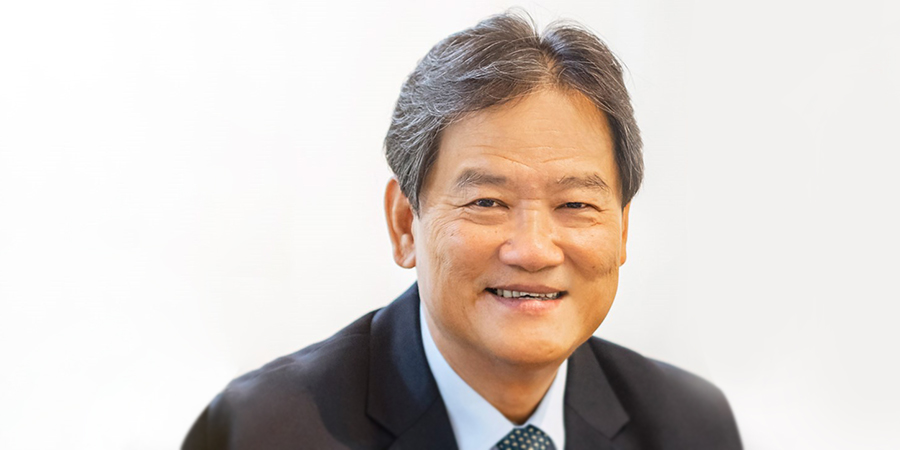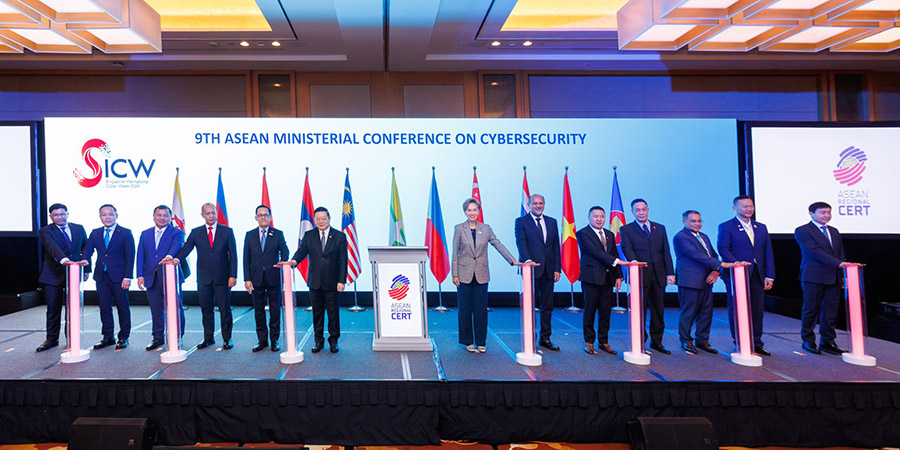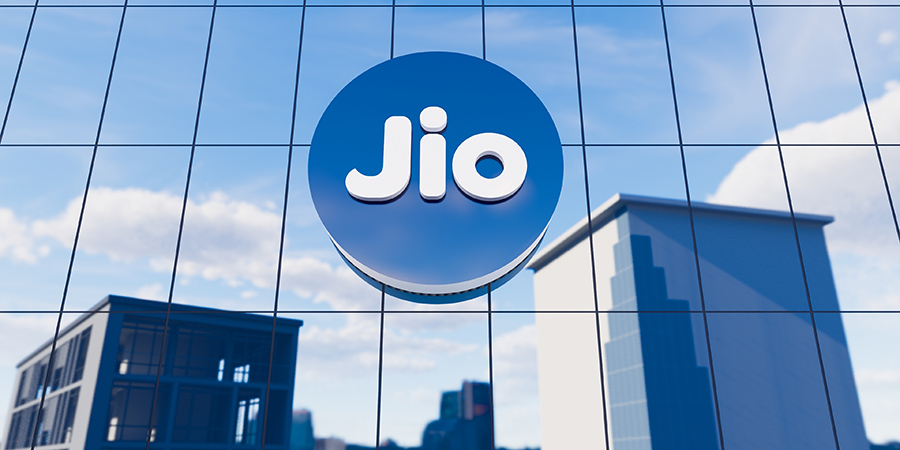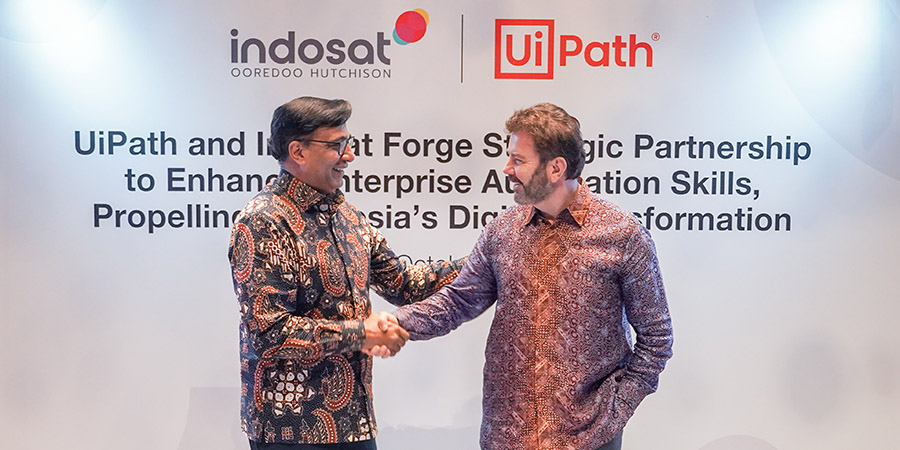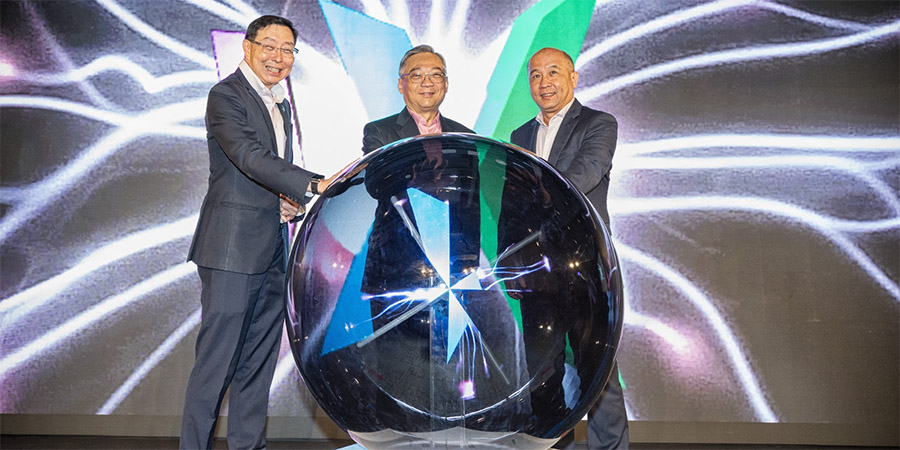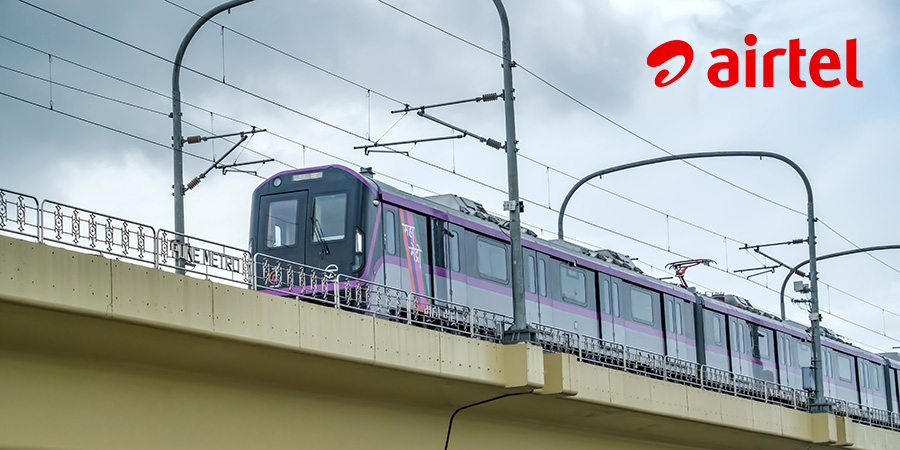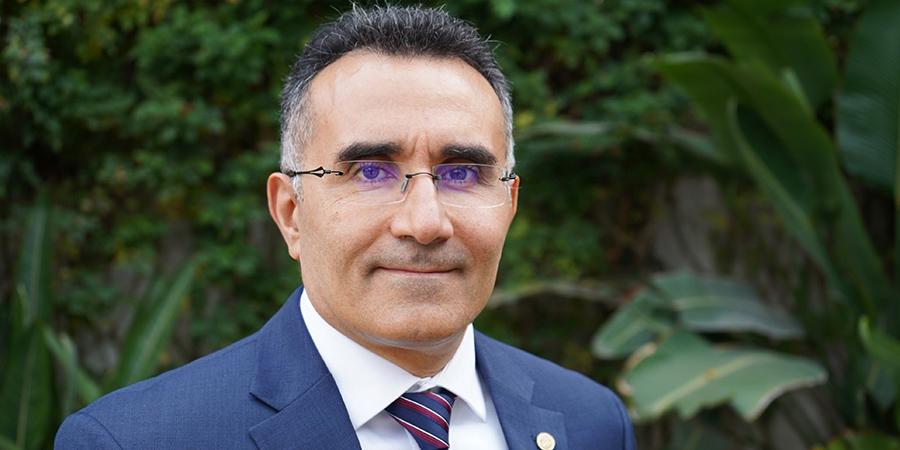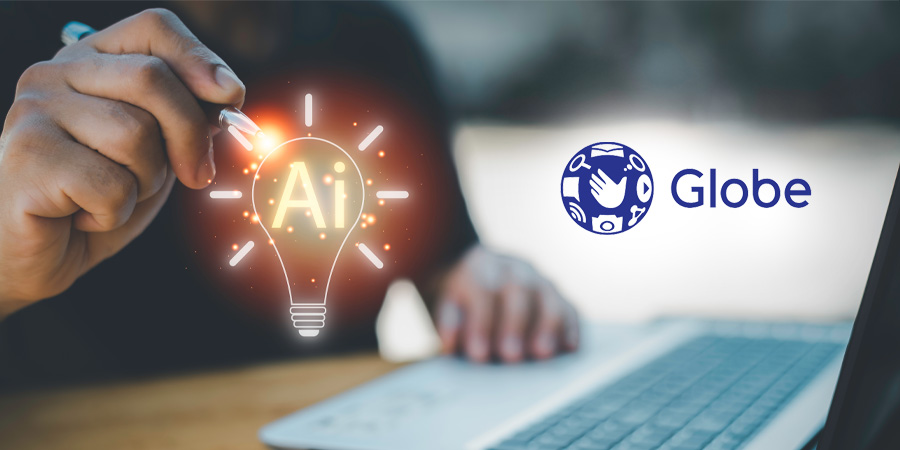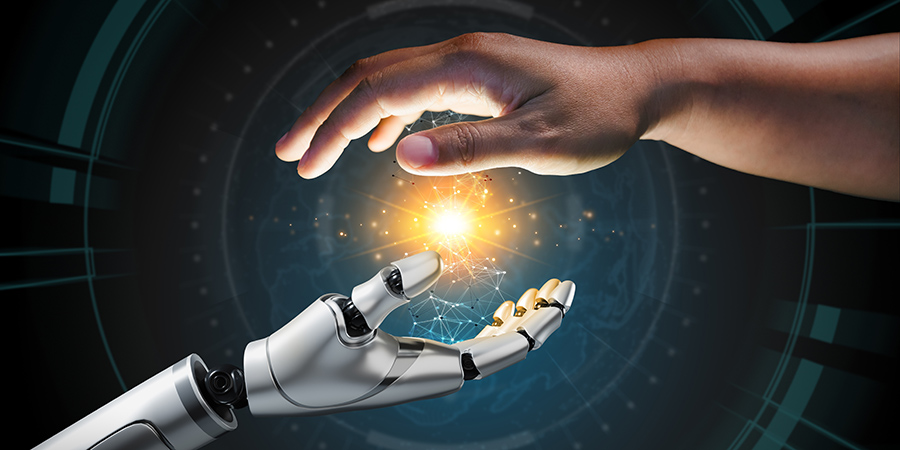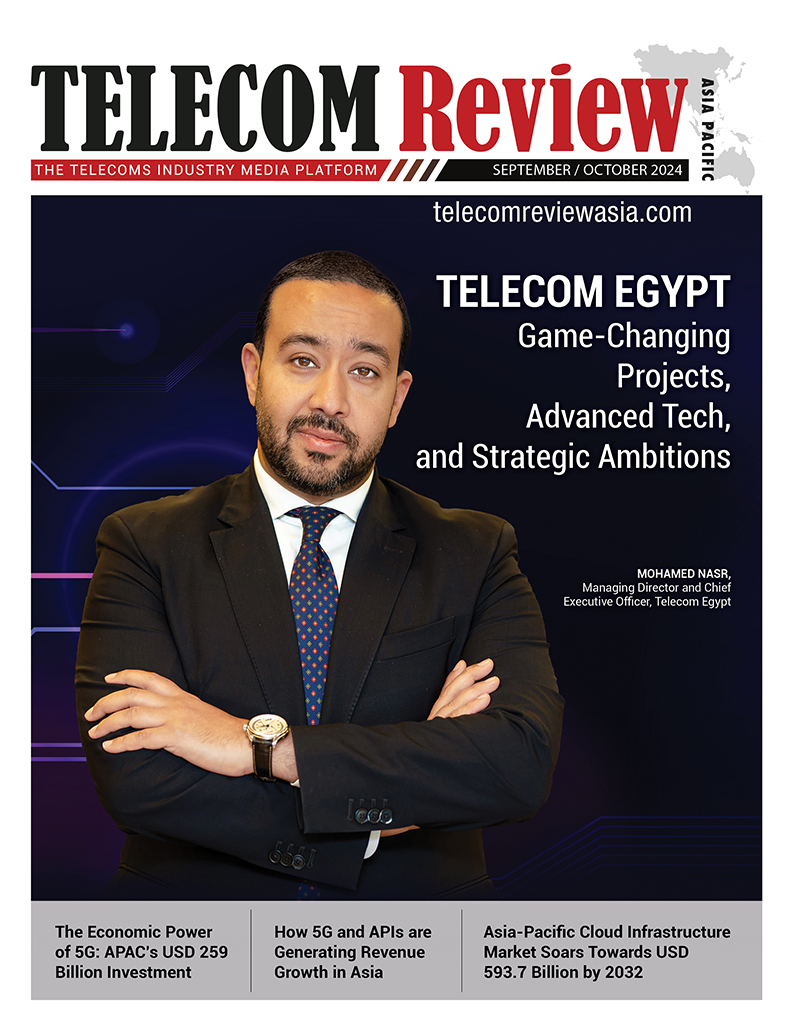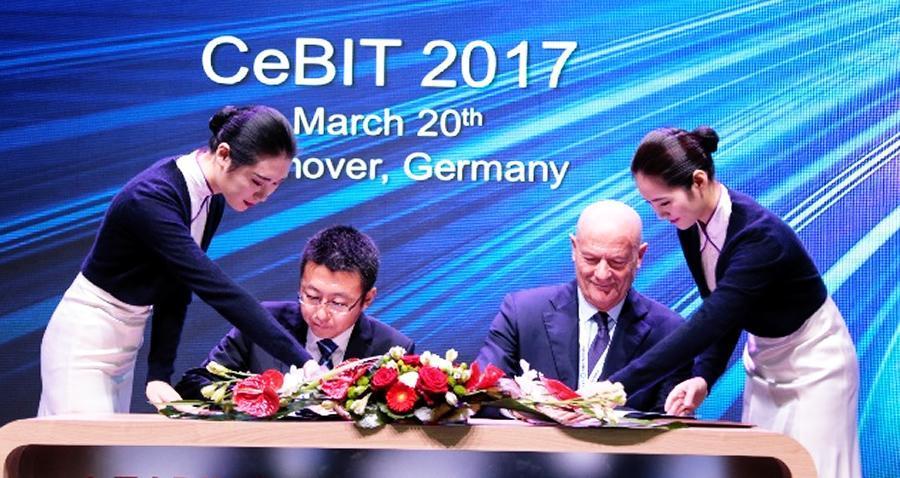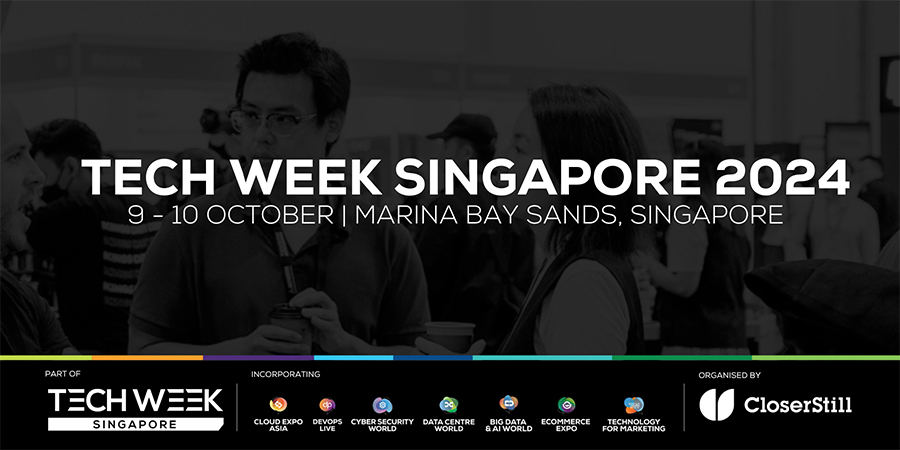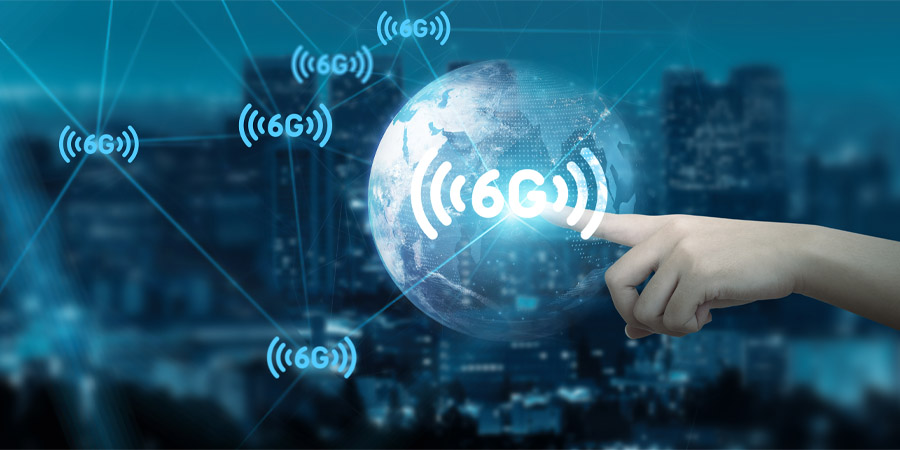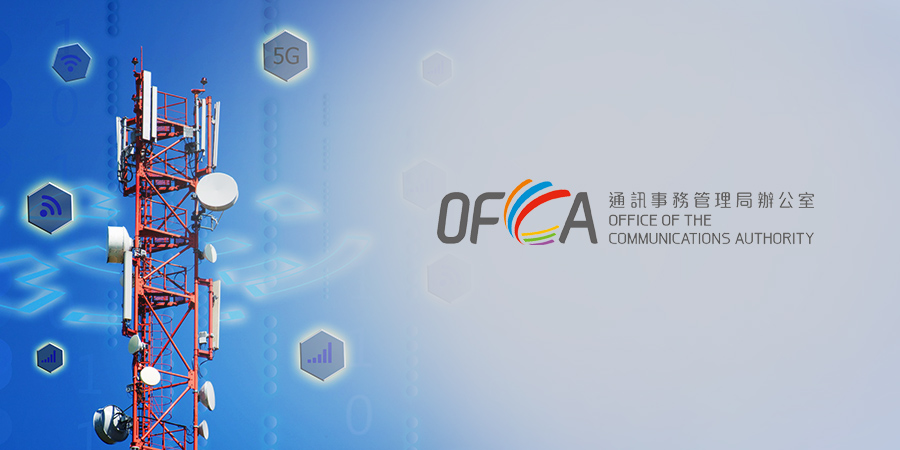Huawei signed a pivotal Memorandum of Understanding (MoU) on March 20 with MetaSystem, a world leader in the UBI (usage-based insurance) market at CeBIT 2017 in Hannover, Germany. The signing will see Huawei work with MetaSystem Italy to develop connected car applications and provide a variety of end-to-end UBI solutions for the industry.
The rapid development of the IoT industry has opened up more market opportunities, including for the connected car. Huawei plans to collaborate with MetaSystem to promote the development and transformation of the connected car industry, assist vehicle companies in digital transformation, and provide fully connected vehicle experiences.
The MoU describes the companies' plan to provide end-to-end UBI solutions for clients by integrating MetaSystem's connected car devices and applications with Huawei's OceanConnect IoT platform. In addition, Huawei and MetaSystem have committed to developing various connected car applications and fostering innovative development by utilizing the open capabilities of the OceanConnect platform.
"The IoT industry is expected to have a bright future with tremendous business potential. However, IoT can be made a success only by the combined efforts of upstream and downstream partners,” said Zhang Xiwei, VP of the Cloud Core Network Product Line at Huawei.
“The cooperation between Huawei OceanConnect IoT platform and MetaSystem enables us to provide better connected car applications for the industry. We look forward to working with more partners to provide diverse IoT applications for the industry and users.”
MetaSystem CEO Giuseppe Simonazzi highlighted that an increasing number of vehicles are being switched from traditional engines to either hybrid or electric engines. In addition to this, the concept of Vehicles as a Service (VaaS) is gaining popularity, which increases demand for sensors and other on-board equipment.
"Huawei is the leading global provider of innovative ICT infrastructure while MetaSystem is an expert in the field of automotive electronics, and telematics applications. I believe our partnership has now everything for a progressive success on global markets," said Giuseppe Simonazzi.



